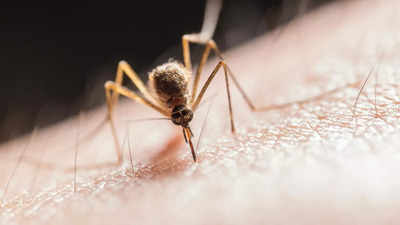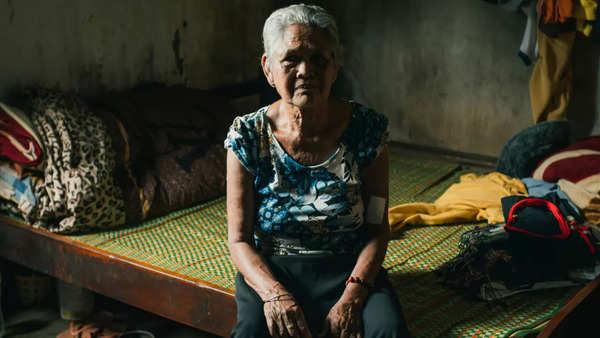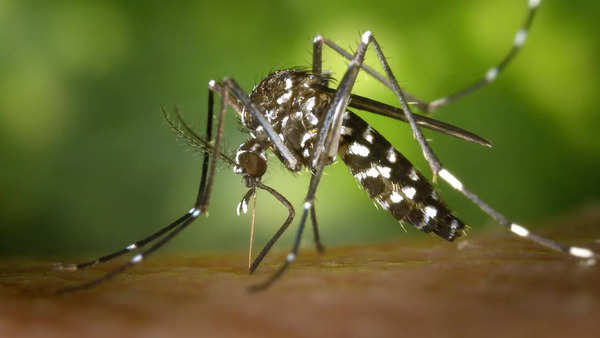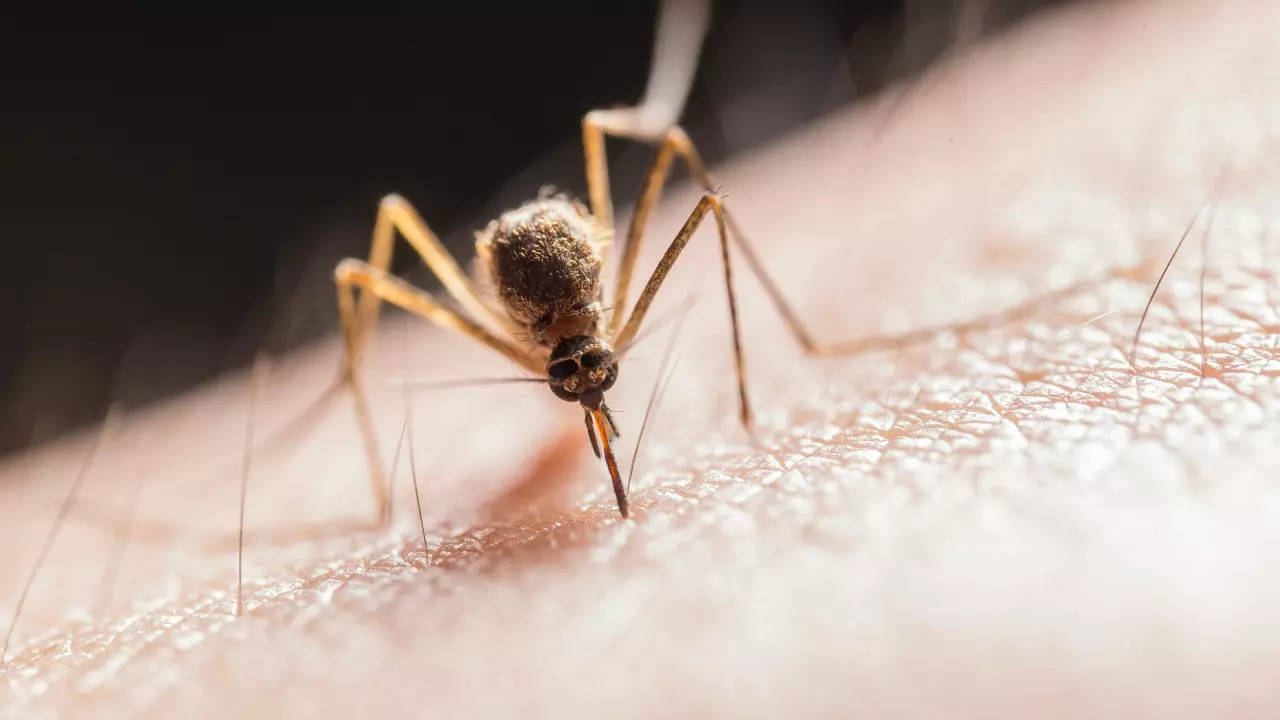A lifesaving
malaria
drug is becoming less effective in young African children. Researchers have found ‘troubling’ evidence of partial resistance to the primary treatment for malaria for the first time.
The study published in JAMA, titled Artemisinin Partial Resistance in Ugandan Children With Complicated Malaria, showed that 11 of 100 Ugandan children aged 6 months to 12 years with complicated malaria caused by Plasmodium falciparum showed partial resistance to the drug artemisinin.
Malaria caused an estimated 608,000 deaths globally in 2022. Children under five are most vulnerable to malaria, with around 450,000 deaths annually in sub-Saharan Africa. 11 out of 100 children infected by malaria parasites carrying genetic mutations showed partial artemisinin resistance.
Antimicrobial Resistance (AMR), where the bacteria, viruses, fungi and parasites no longer respond to antimicrobial medicines, have become a growing concern globally. Due to AMR, antimicrobial medicines become ineffective and infections become difficult or impossible to treat, increasing the risk of disease spread, severe illness, disability and death. This is an indication that it could cause over 39 million deaths by 2050.
Dr Chandy John, of Indiana University, who co-wrote the study with international colleagues, stated that this is the first study from Africa showing that children with malaria and clear signs of severe disease are experiencing at least partial resistance to artemisinin. “It’s also the first study showing a high rate of African children with severe malaria experiencing a subsequent malaria episode with the same strain within 28 days of standard treatment with artesunate, a derivative of artemisinin, and an artemisinin combination therapy (ACT),” he said in a press release.
“The fact that we started seeing evidence of drug resistance before we even started specifically looking for it is a troubling sign.We were further surprised that, after we turned our focus to resistance, we also ended up finding patients who had recurrence after we thought they had been cured,” he added.
(Pic courtesy: Pexels)
I’m Manas Ranjan Sahoo: Founder of “Webtirety Software”. I’m a Full-time Software Professional and an aspiring entrepreneur, dedicated to growing this platform as large as possible. I love to Write Blogs on Software, Mobile applications, Web Technology, eCommerce, SEO, and about My experience with Life.





